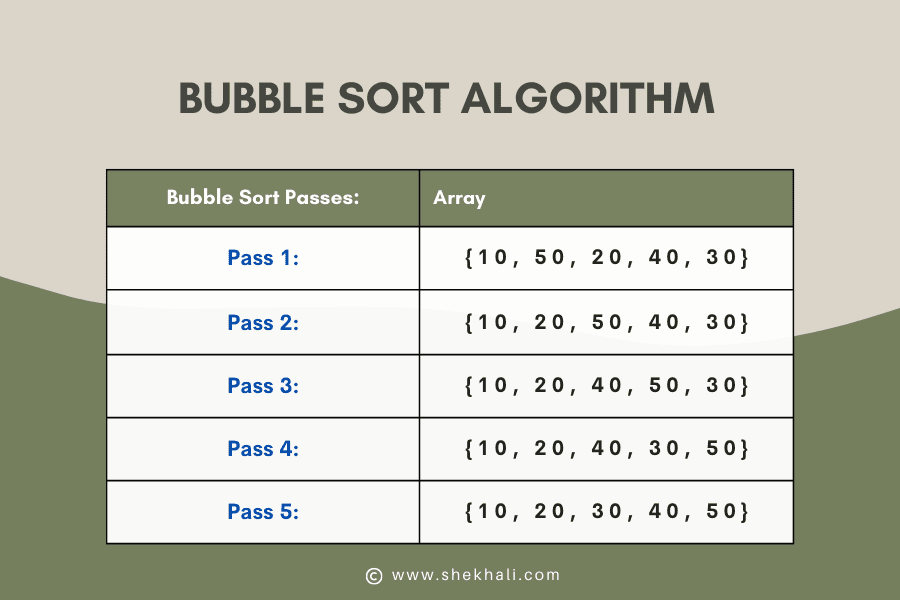
Sorting is a fundamental problem in computer science. It refers to the process of arranging data in a specific order. One of the most straightforward algorithms used for sorting is the Bubble Sort algorithm.

Sorting is a fundamental problem in computer science. It refers to the process of arranging data in a specific order. One of the most straightforward algorithms used for sorting is the Bubble Sort algorithm.
Here we will learn how to write a program to copy all elements of an array into another array using different programming languages like C, C#, Python, Java, and PHP.
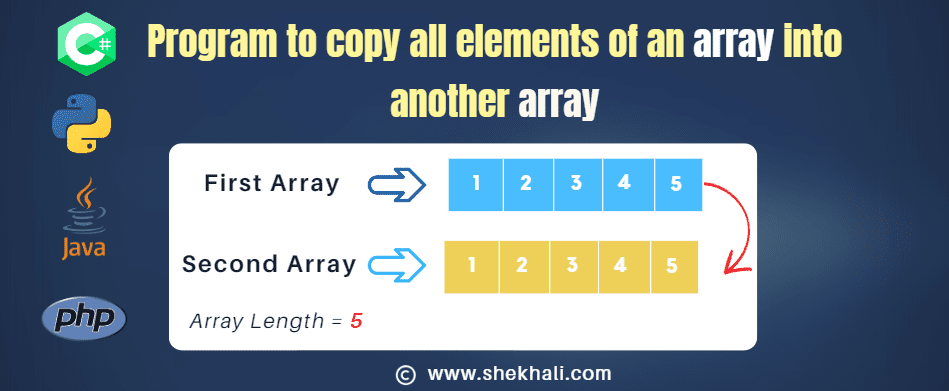
The main difference between IEnumerable and IQueryable is that IEnumerable is mainly used for querying in-memory collections such as Array, List, etc. On the other hand, IQueryable is used for querying out-of-memory collections or external data sources like databases or services.
In this article, we will explore the differences between IEnumerable and IQueryable in C#.
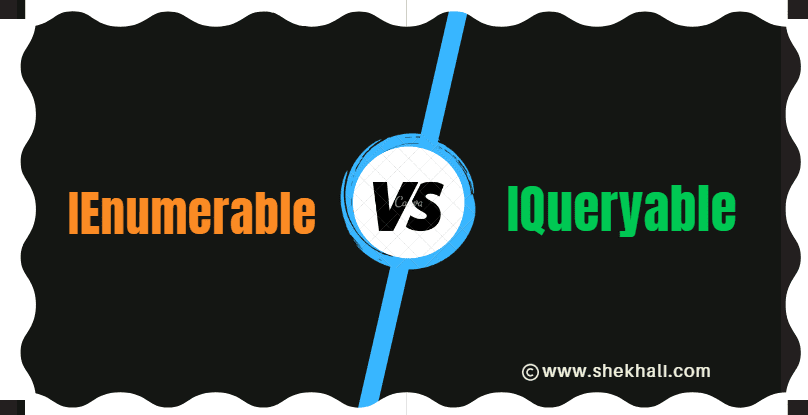
SQL foreign key is a field in a table that points to the primary key of another table. It links two tables together and creates a relationship between them based on the common fields.
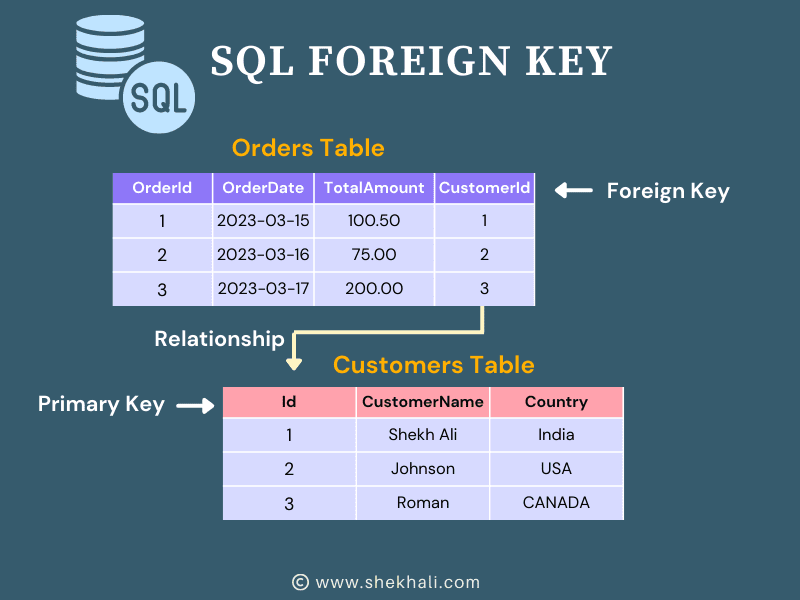
If you are new to SQL Server, you might wonder what an index is and why it’s important. Indexes are crucial for improving query performance and are essential for efficient data retrieval.
In this article, we will discuss the differences between clustered and non-clustered indexes in SQL Server.
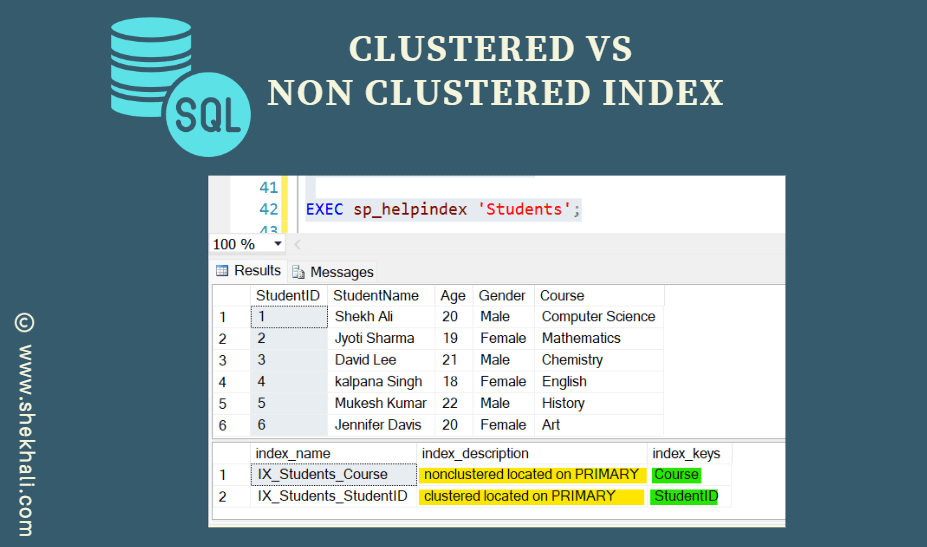
Database normalization is a technique used to organize data in a relational database. It involves breaking down a large table into smaller tables and defining relationships between them. The normalization goal is to eliminate redundant data and ensure that each piece of information is stored in only one place.
Relational databases are the backbone of many software systems. They allow us to store, manage, and retrieve data in an organized and efficient way. However, as the size and complexity of our data grow, so do the challenges of maintaining its integrity and consistency. This is where database normalization comes in.
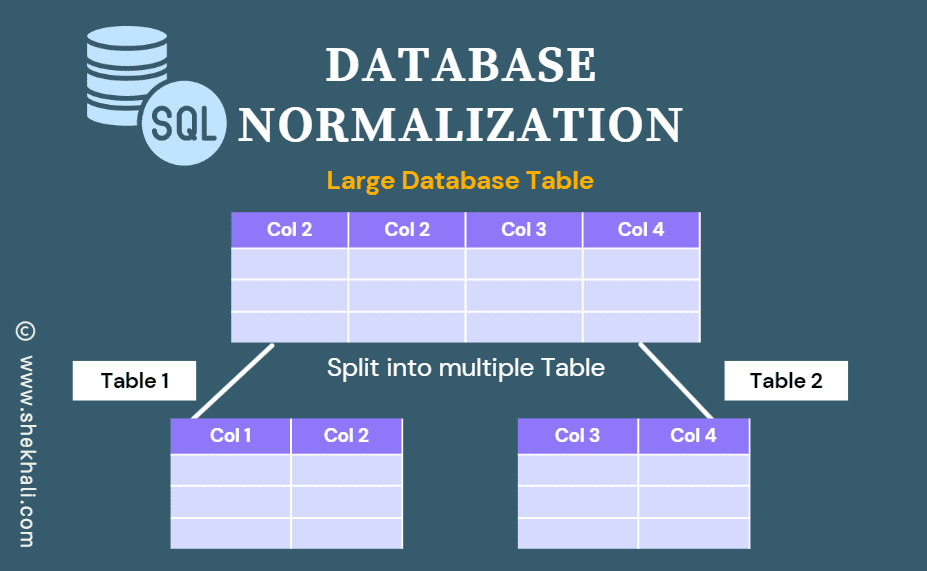
Customer relationship management (CRM) is a important aspect of running a successful business, and a CRM database is one of the most important tools for achieving that success.
As businesses grow, the volume of data they need to manage will also grow. With customers interacting with businesses through multiple channels, keeping track of all the information can be challenging. This is where a CRM database comes into play.
A CRM database is a software that helps companies manage customer data by collecting, storing, and analyzing information from various sources, such as social media, website interactions, and customer service interactions.
SQL (Structured Query Language) is the standard language for managing relational databases. It is a powerful tool that allows us to store, manipulate, and retrieve data efficiently. One of the most commonly used operations in SQL is the JOIN operation, which allows us to combine data from two or more tables into a single result set.
The INNER JOIN clause is one of the most frequently used types of JOIN in SQL. It combines rows from two or more tables based on a related column between them. The INNER JOIN returns only the rows that have matching values in both tables, i.e., the intersection of the two tables.
The following picture illustrates the Venn diagram of INNER JOIN. The shaded area in the diagram represents the common values shared between the two tables.
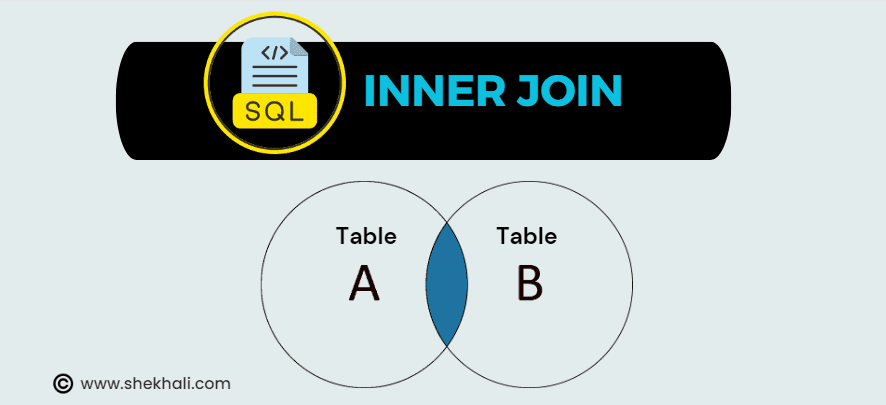
Encapsulation in C# is a fundamental principle that combines data and methods into a single unit called a class. It involves hiding the internal implementation details of the class and exposing only the essential functionalities through public properties and methods to the outside world.
It provides a clear boundary and prevents direct access to the data.
In this article, we will discuss about encapsulation in C#, including its definition, examples, benefits, and how to implement it in our code.

Dependency Injection (DI) is a software design pattern that helps developers to build high-quality software.
It reduces tight coupling between software components and allows us to develop loosely-coupled code, which is easier to maintain and offers greater flexibility and testability.
The fundamental principle behind Dependency Injection is to minimize hard-coded dependencies among classes by dynamically injecting them during runtime instead of design time.
This approach ensures that the dependencies of a class are provided from external sources, typically through constructor parameters or property setters, rather than being directly instantiated within the class itself.
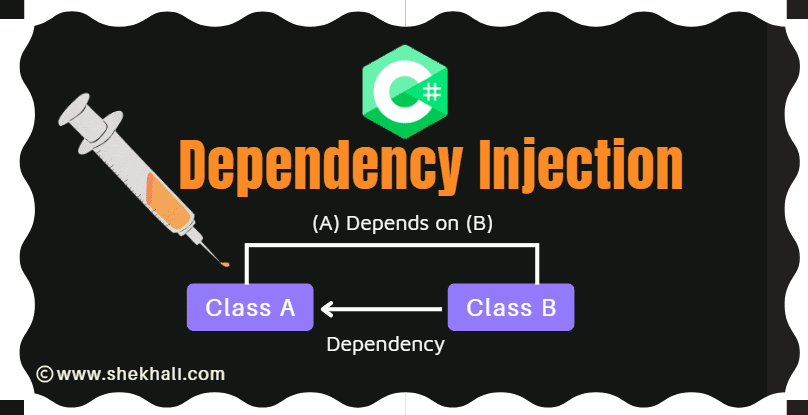
Are you interested in becoming a full-stack developer? Do you want to know what it takes to become one? If so, you are in the right place. In this article, we will define what is a full stack developer, their skills, and the technologies they use.
We will also give you the steps to become a full stack developer in 2023 and information on the average full stack developer salary.

Prime numbers are the natural numbers that are greater than 1 and can only be evenly divided by 1 and themselves.
In this blog post, we will discuss prime numbers, their history, properties, how to print them in different programming languages such as C#, C, C++, JAVA, PHP, and Python, and a comparison of prime vs. composite numbers.

Regular Expressions (Regex) are a powerful tool for text processing that allows you to search, replace, and manipulate text based on patterns.
In C#, Regex is implemented through the Regex class, which provides a set of methods for working with regular expressions.
This article will explore the basics of Regular Expressions in C# and provide examples of creating Regex patterns using Regex methods. We will also discuss the benefits of using Regular Expressions in C# and some advanced techniques for working with Regex.
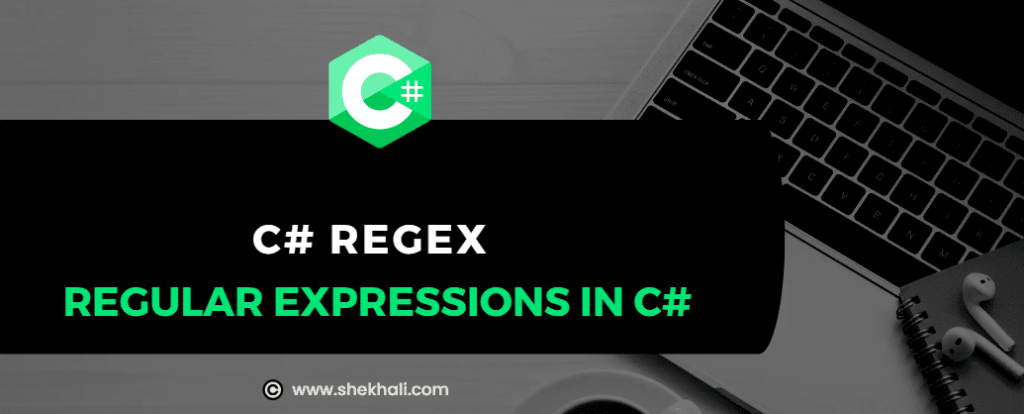
If you’ve ever had to convert temperature readings from Fahrenheit to Celsius or vice versa, you know how important it is to have a reliable program to do this.
This article will discuss the formula and algorithm for converting Fahrenheit to Celsius and provide complete code examples in C#, Python, C, Java, and PHP.

C# is a popular object-oriented programming language used to develop different types of software applications. One of the key features of C# is the interface, which allows developers to define a contract for a class without specifying any implementation details.
This article will discuss the syntax, advantages, and implementation of C# interfaces, along with practical code examples.

C++ VS C#: If you want to develop software or applications, you might be considering C++ or C# as your programming language. Both C++ and C# are popular programming languages, but they differ. This article will compare and contrast C++ and C# to help you determine which language is right for your project.
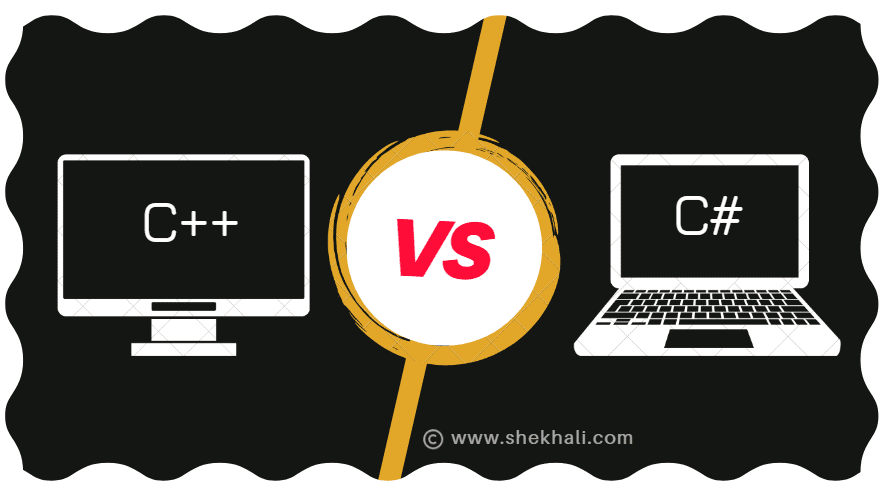
C# Stopwatch is a powerful class provided by the .NET Framework that we can use to measure the execution time of a specific code block.
It is commonly used in performance testing and benchmarking applications to measure the time a code snippet takes to execute.
The Stopwatch class is part of the System.Diagnostics namespace and is available in all .NET programming languages, including C#.

As a C# developer, your code must have used string formatting. It is a technique to represent strings with placeholders that you can replace with values at runtime.
In C#, there are two ways to format strings: the String.Format() method and the C# string interpolation.
This article will discuss C# string interpolation, its syntax, examples, and performance. We will also compare it with the String.Format() method and explore its new features in C# 10.

C# is a versatile programming language that offers developers a wide range of features. One of the most important features is string formatting. C# String formatting allows developers to format their strings according to specific requirements, which makes it easier to read and display data in different formats.
In this article, we will discuss how to format string in C# in different ways using examples.
The Fibonacci series is a sequence of numbers starting with 0 and 1, and each subsequent number is the sum of the previous two numbers. It is a popular mathematical concept that has many real-world applications.
This blog post will explore the Fibonacci sequence and its implementation in C# programming language.
